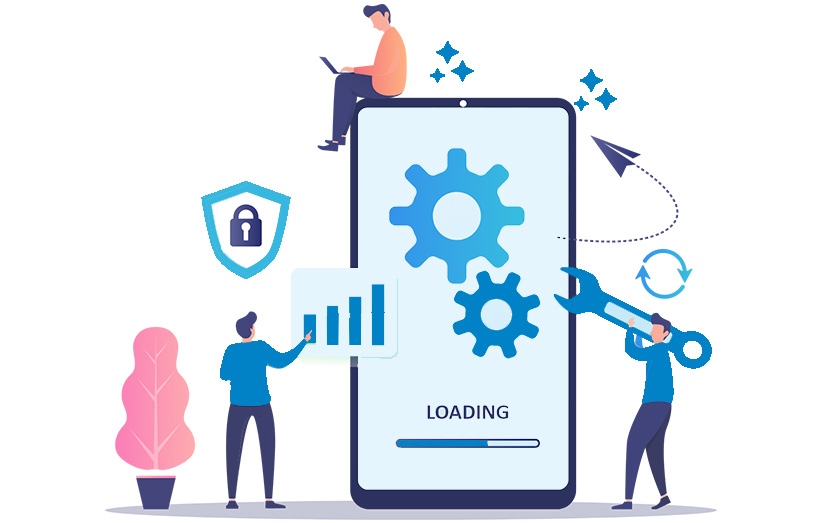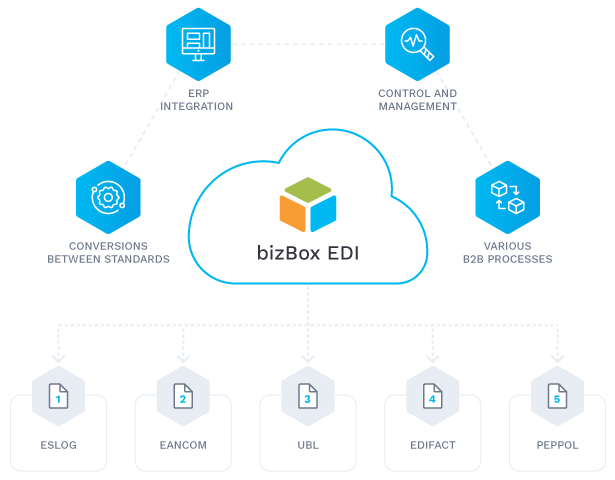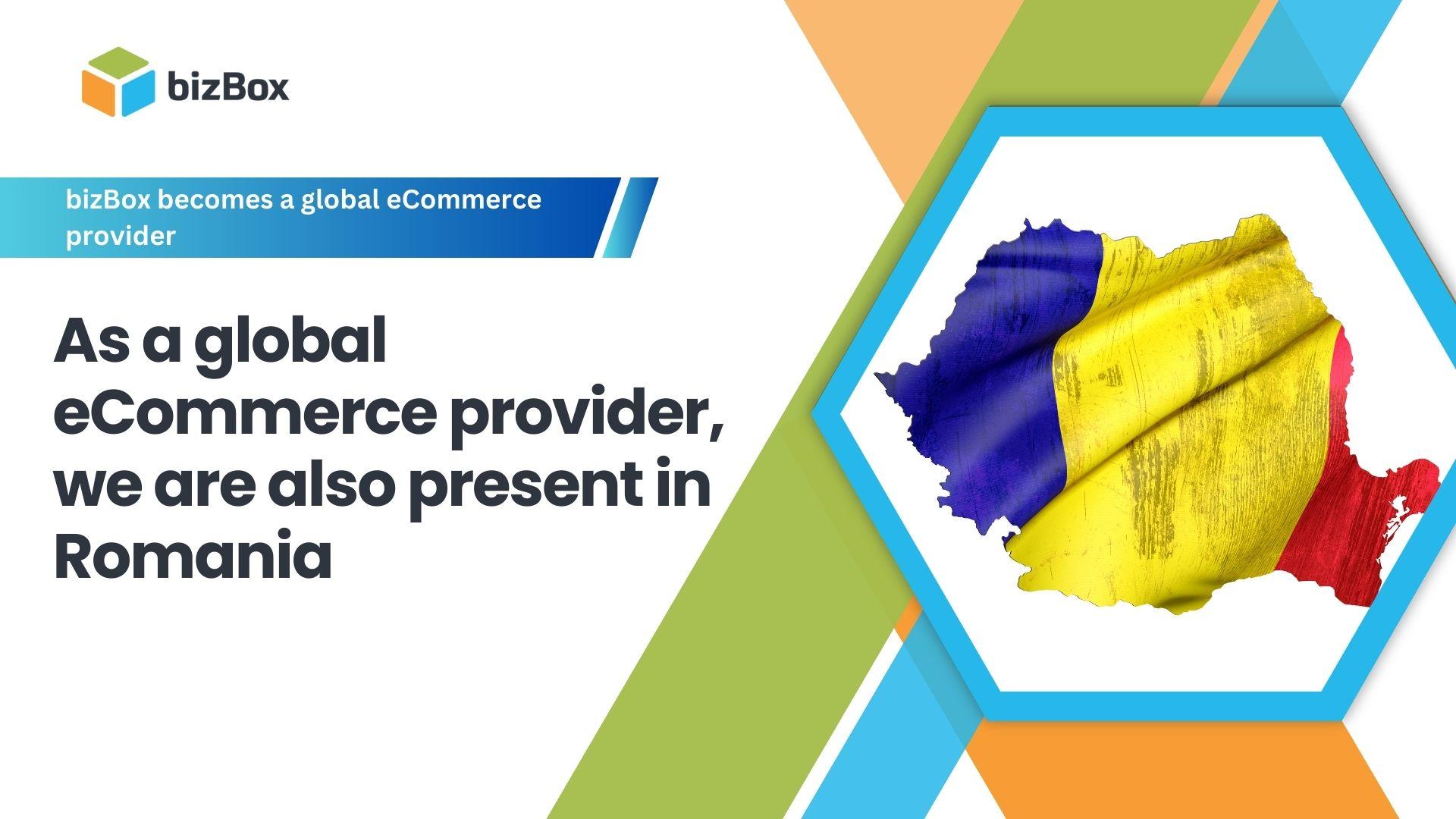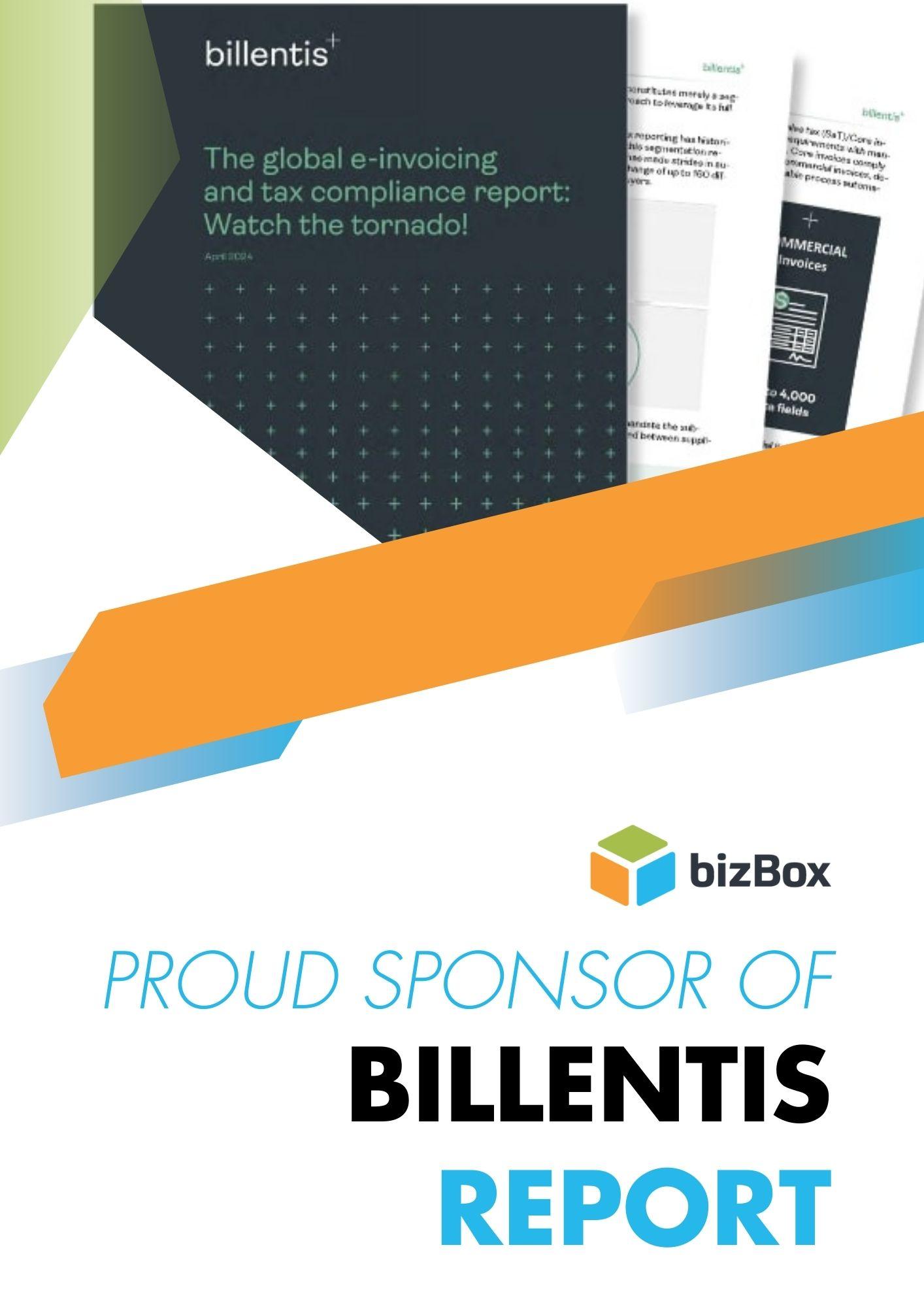

According to a report by the world-renowned analyst firm IDC (International Data Corporation), the cost of human error costs us between €400 and €400 per year. This is the figure for one employee. Add to that the cost of labour - finding, checking and correcting errors (correcting invoices, refunds, re-editing documentation, etc.) and the cost increases even further.
The 1-10-100 rule states that: checking the accuracy of data at the point of entry costs €1; editing or correcting data that has already been recorded (saved) costs €10; and if no action is taken when an error is made, the cost after recording can be €100 or more.
Given the fact that the amount of data is increasing every day, we have to ask ourselves: How much longer, if at all, is it reasonable to persist with manual data entry and processing?
There are 4 key areas of challenge in manual data processing and data entry:
1. Cost of delays
Manually entering data and information can be time-consuming, especially when data needs to be entered into multiple systems at the same time. At this point we need to think about our decision-making capabilities when filling orders or ordering stock. Accurate data is key to continuing to do business and maintaining a good relationship with the customer.
2. Costs of poor data
A typical data challenge we face every day is data quality. Examples of poor data quality are: assigning wrong values, meaningless corrections or entries or default values. In many cases, the first piece of data that appears in a field is 'strange', which can create inconsistencies in the desired output. It can be the result of poor training, or sometimes of the data processor acting unscrupulously. The end result is that the data has to be edited, which wastes time and money.
3. Financial costs
As already mentioned, the cost of data entry is increasing. Let us assume that the data entry process takes on average between two and four minutes. In this time you can carry out a process such as updating an invoice, inventory numbers or recording a transaction. For the less skilled or experienced, this time could be even longer. On average, it takes 80 minutes to process 30 documents, multiplied by 21 (average number of working days) this gives 1,701 min/month. That's about 28 hours of work. It would make much more sense to spend this time on tasks with more added value. Do you agree?
4. Loss of focus on key tasks
If manual data entry is not one of the company's main tasks, it can distract employees from other important activities. This in itself can be detrimental to the organisation in the long term, as the focus on achieving strategic objectives can drastically decline.
How much time or money is spent entering and reviewing data?
When a document arrives at the company, it needs to be reviewed, classified and then entered into the system accordingly. In this case, we will focus on the time it takes to enter a document - an invoice, which on average takes someone who is skilled in typing and working with a computer. We mentioned that it takes about 80 minutes to enter 30 documents.
Compared to electronic data entry, this is nonsense, because in the case of automatic data processing using EDI/RIP and eExchange networks, we can receive, process and store (file) hundreds of documents in no time at all, without having to worry about errors, which, if they were to occur, would already be systematically corrected. This gives you complete security in the quality of the data you handle.
According to the AIIM survey, 68% of respondents said that the sheer speed of business will make paper unacceptable in the next few years, while 46% said that the biggest productivity improvement for most of their business processes was the elimination of paper.
eProcurement - the future of agile business
A very quick and easy analysis of your business will show you that the savings you can make by introducing electronic data interchange and the associated eProcurement are in all cases superior to the outdated way of processing and entering data.
In a period of business where internal business processes are being optimised in all areas and then "passed on" to partners, it is crucial that we are quick and agile in our decision making. To be able to make such decisions, however, processes need to be digitised in a gradual but effective way. Electronic data exchange, processing and archiving are at the forefront of this area and are the basis for the future of business for all companies striving for efficiency and the achievement of the highest goals.
Reduction of costs
Costs can be reduced by increasing processing volumes, structuring supplier relationships and using internal system enhancements to reduce time spent, while improving the quality and performance of supplier operations. eProcurement eliminates paperwork, extra work and errors.
Spend visibility
Central transaction tracking provides complete reporting on requisitions, items purchased, order processes and payments made. The benefits of eProcurement and electronic order processing ensure compliance with existing contracts currently in force.
Higher productivity
Customers can obtain the products they want from a catalogue of items that has been pre-coordinated via electronic data interchange. In this case, the request and ordering of items is simplified, ensuring faster and more transparent execution. The staff in charge of the procurement process can concentrate on tasks such as strategic planning and improving relations with suppliers.
Better control
Standardised approval procedures and formal workflows ensure that the appropriate authorisations relating to existing contracts are applied to each transaction. Policy compliance is improved as users can quickly find products and services from approved suppliers and cannot make erroneous or unpredictable purchases.
Your reliable partner in the world of electronic procurement - bizBox
When it comes to processes such as eProcurement, it is very important to have a partner who is proficient in all key areas of eCommerce. In this segment, we are dealing with concepts such as security, standards, processes, integration, archiving of electronic data, so you can quickly get the feeling that it is something complex, and in this case you are right.
Managing these types of processes is an area that requires a lot of knowledge, experience and the use of the latest technologies. Only advanced knowledge, years of experience and the smart use of technology can guarantee that your business will run much better, especially in terms of speed, flexibility and cost-effectiveness.
bizBox as a reliable e-procurement partner
The benefits of eProcurement can be fully exploited as soon as systems are in place to provide us with the functionalities that are essential for the efficient execution of processes from order to invoice. Within the systems, we need standards that ensure transparency and clarity at every stage of the process on the one hand, and high connectivity and compatibility on the other. And of course, security and reliable connectivity are at the top of the list, ensuring a high level of data encryption using the latest protocols for secure communication with all partners in the process.
The implementation of eDelivery EDI is made possible by the integration of bizBox EDI services into the company's existing applications, which enables full automation of partner transactions, traceability and control over the exchange of eDocuments in the existing application.
For all those companies that do not have supported eDocuments in their business applications, which are part of the eProcurement process, bizBox offers the possibility to implement EDI using the bizBox EDI WEB portal solution.
Involving partners in the EDI eProcurement process
The bizBox EDI services ensure connectivity with partners regardless of the standard and communication method used by you or your partner in the company. eDocuments can be exchanged with partners in eSLOG 2.0, which is the most widely used standard for eDocument types in Slovenia, or in any EDI standard, and the bizBox EDI services transform the documents into the partner's standard and vice versa at the time of the exchange. eDocuments can be exchanged with partners in the eNoDocuments eSLOG 2.0, which is the most widely used standard for eDocument types in Slovenia, or in any other EDI standard.
bizBox is at the forefront in terms of the quality of its eProcurement processes
Mastery of all relevant standards:
- eSLOG 2.0
- EDIFACT
- GS1
- CEN
- UBL
- ODETTE
- Custom Standard
Connections to all relevant networks: bizBox allows connectivity to other EDI providers, other interchange networks and specific AS2, OFTP, OFTP2 connections.


 Support
Support
 Close
Close
